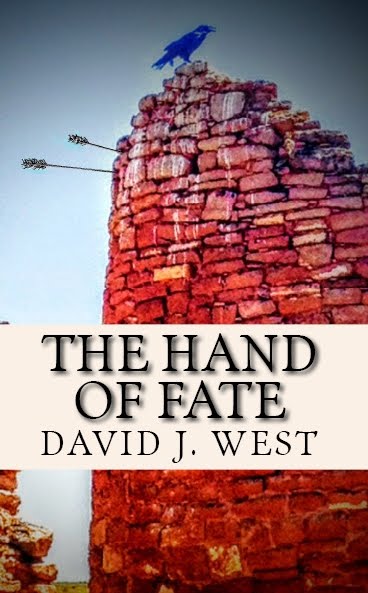
The Virtues of War, by Steven Pressfield
I could be wrong but this seemed shorter and went by quicker than Gates of Fire. I am fascinated by the idea of Alexander prepping himself for what he knows is coming, his destiny as it were. I like this because of the reflections I will use in two main characters in my books. The idea of very young and yet very successful commanders in chief was not such a foreign idea in the ancient world as it may be now. Today we have the decisiveness over a leader being too young or too old, too inexperienced or too set in their ways; it seems in the ancient world if you were capable--nothing else mattered.
Within the context of 'Virtues of War' Pressfield paints a sympathetic picture of a conqueror that I must admit has never been one of my heroes. Still there are many noteworthy remarks from Alexander and his generals that I appreciate-too many in fact to not eventually steal them as much as Pressfield stole them from the original chroniclers.
The Homeric Hymn's, by Apostolos N. Athanasskis
Now that's a Greek name if I ever heard one. This is the translation and notes by said author. These hymns-32-in all are dedicated to the various Greek Gods and have their own wonderful lyricism. They are credited to Homer the same as the Iliad and Odyssey are but that cannot be confirmed any more than the others. I like a lot of these in the same way I appreciate Milton's Paradise Lost, sometimes the names are only vaguely familiar and I have to ponder on who was who or known also by what names. For the sake of Greek myth this was an enjoyable read.
In Search of Kokopelli, by L.H. Erickson
This is a well thought out and well meaning book, working towards explaining Kokopelli, the humpbacked flute player so familiar to the American southwest as possibly being Moroni, the last Nephite. According to Erickson the first traces of Kokopelli date to approximately the correct time of Moroni's wanderings. Ok that's all good, no problem there, my only real beef with his begining premise is that it is based on the Two Cumorah theory and that I cannot abide.
I have no problem with Moroni traveling all over the place and dedicating sights from here to Kalamazoo, but I don't accept the premise of Two Cumorahs or Limited Geography Theory, that dog don't hunt.
Going on a tangent real quick the sheer numbers and human nature involved will not allow me to buy LGT--people don't sit in one place like that for that long. Referring back to 'Virtues of War' just think of the incredible amount of distance Alexander conquered-he could have conquered more if his army had been motivated better. (SPOILER-for-Heroes of the Fallen-I say the Lamanites were motivated better by the likes of King Aaron) But rather than go on a complete tangent I will say Erickson, IMO is using faulty arguments against the possibility of a wider American setting. Citing outdated factoids, he discounts the possiblity of the Hopewell people as possible Nephites.
Conan-Cimeria Volume 7, by Tim Truman and Tomas Giorello

This is the graphic novel of the ongoing Darkhorse series. I collected the actual comics for the first fifty issues then got lazier and or poorer and have waited for the story arcs to be released in graphic form. This was released right before my birthday so I treated myself. The only real reference to the man himself Robert E. Howard is the beginning poem Cimmeria, the rest is a mix of stories of Conan's grandfather and how it influenced Conan in his own travel and even relating to his current story arc. Overall I thought it was pretty good-not quite as good as the rendered original stories but still well worth it.










































